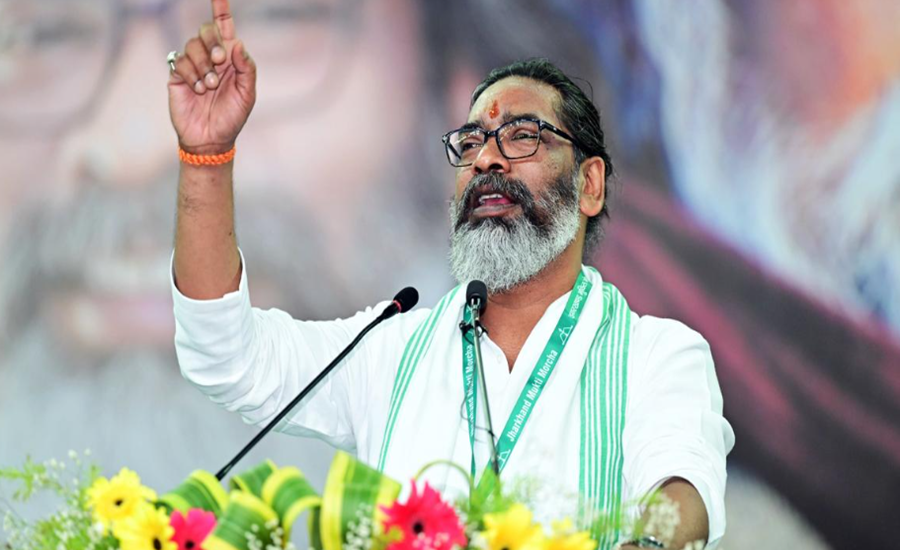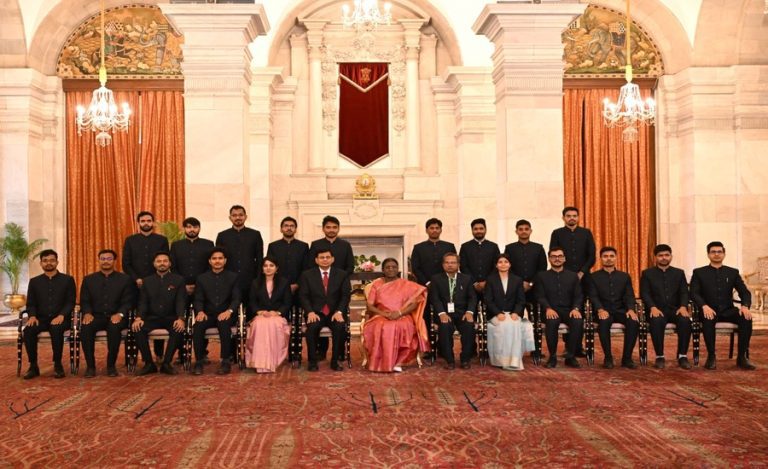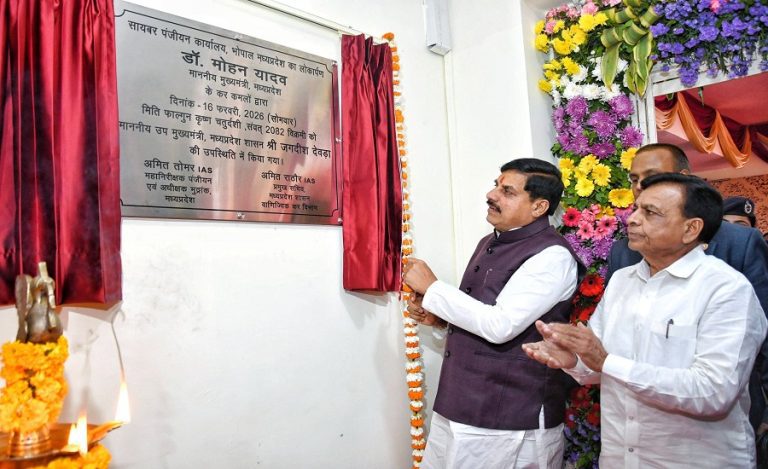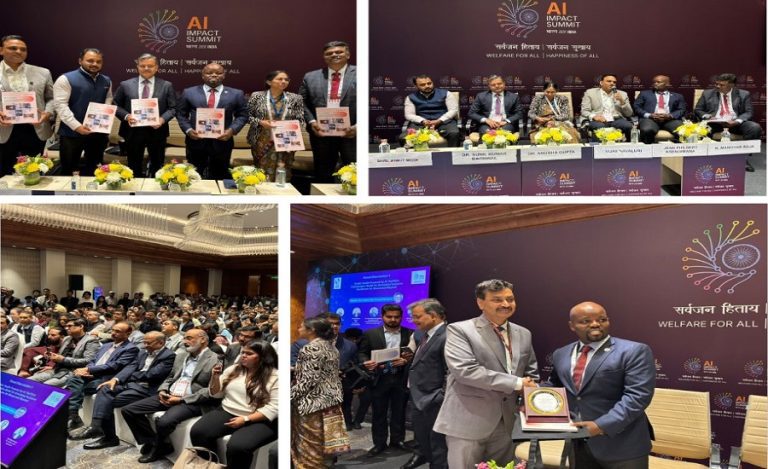The 8th edition of Poshan Maah 2025 was officially launched in Jharkhand on 18th September 2025, with the state reaffirming its commitment to improving nutrition outcomes for women and children. The launch was presided over by Mr. Ajay Kumar Singh, Additional Chief Secretary, in the presence of Mr. Manoj Kumar, Secretary of Women, Child Development & Social Security, and Ms. Kiran Pasi, Director of Social Welfare.
Strong Participation from Grassroots and Development Stakeholders
The event saw active participation from a diverse group of stakeholders, including Anganwadi Sevikas, Sahiyikas, development partners, district-level officials, and frontline workers. Their engagement demonstrates the state’s strong emphasis on decentralized implementation of the Poshan Abhiyan, aligning with the national goal of holistic nutrition.
Launch of Key Communication Materials for Public Outreach
As part of the awareness campaign, vital communication materials were unveiled during the event. These include educational posters focusing on the reduction of oil and sugar consumption, as well as the “Paanch Sutra – Golden 1000 Days” initiative, aimed at ensuring optimal nutrition in the first 1,000 days of a child’s life.
All Anganwadi Centres to Be Equipped Within a Week
In line with the state’s outreach strategy, all Anganwadi Centres (AWCs) across Jharkhand will receive these materials within the next week. This ensures that crucial messaging reaches even the most remote communities, strengthening awareness and enabling behavioral change in maternal and child health practices.
Administrative Commitment to Long-Term Nutritional Goals
Speaking at the event, Mr. Singh emphasized the need for interdepartmental coordination and regular monitoring to ensure the sustainability of nutrition programs. He highlighted that the state’s developmental approach combines capacity building, data-driven monitoring, and strong community engagement to drive better outcomes.
Focus on Preventive Health and Behavioral Change
The campaign aims to shift focus from treatment to preventive healthcare by promoting simple, actionable dietary changes. Initiatives like reducing excess sugar and oil in daily cooking are part of a broader behavioral change strategy to build a healthier population from the ground up.




























